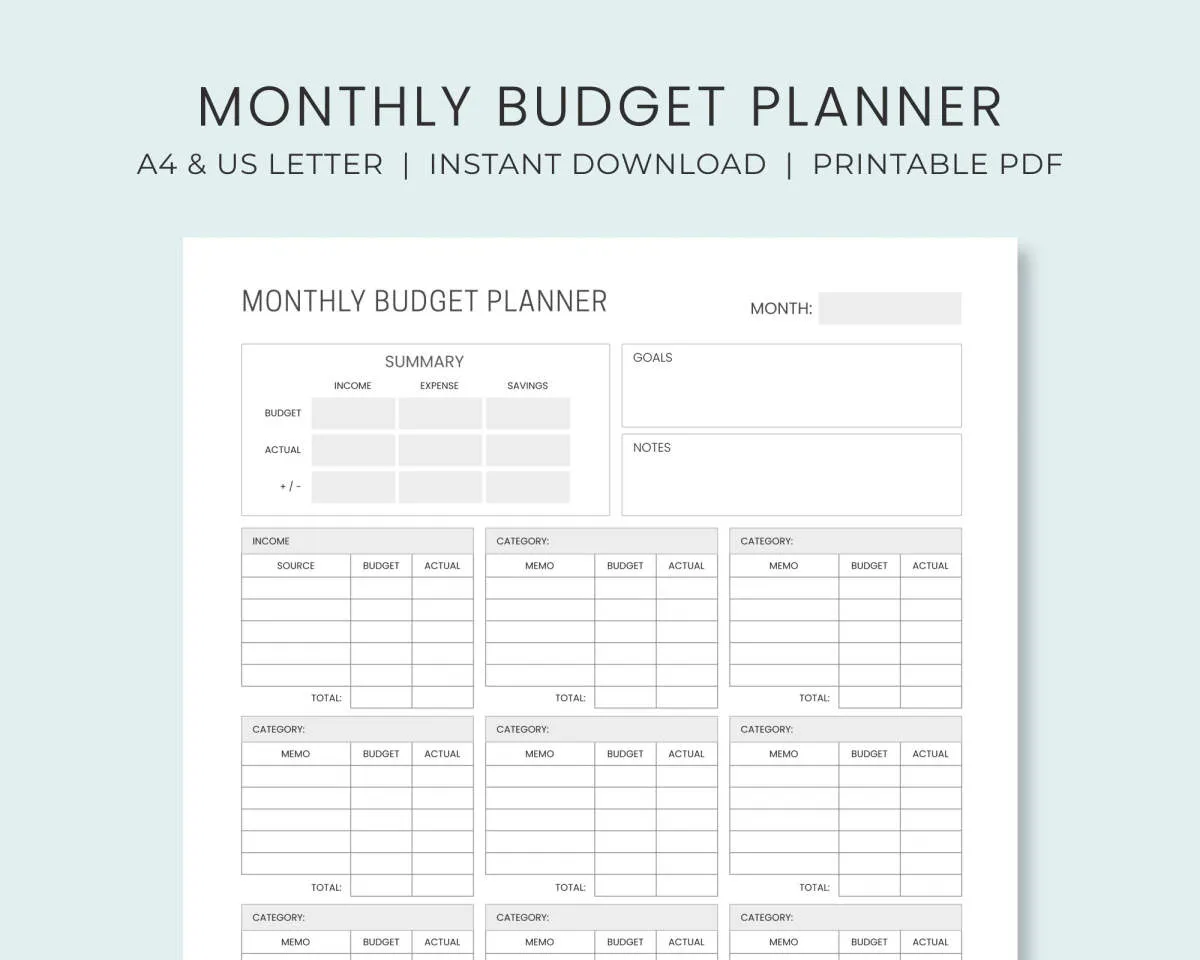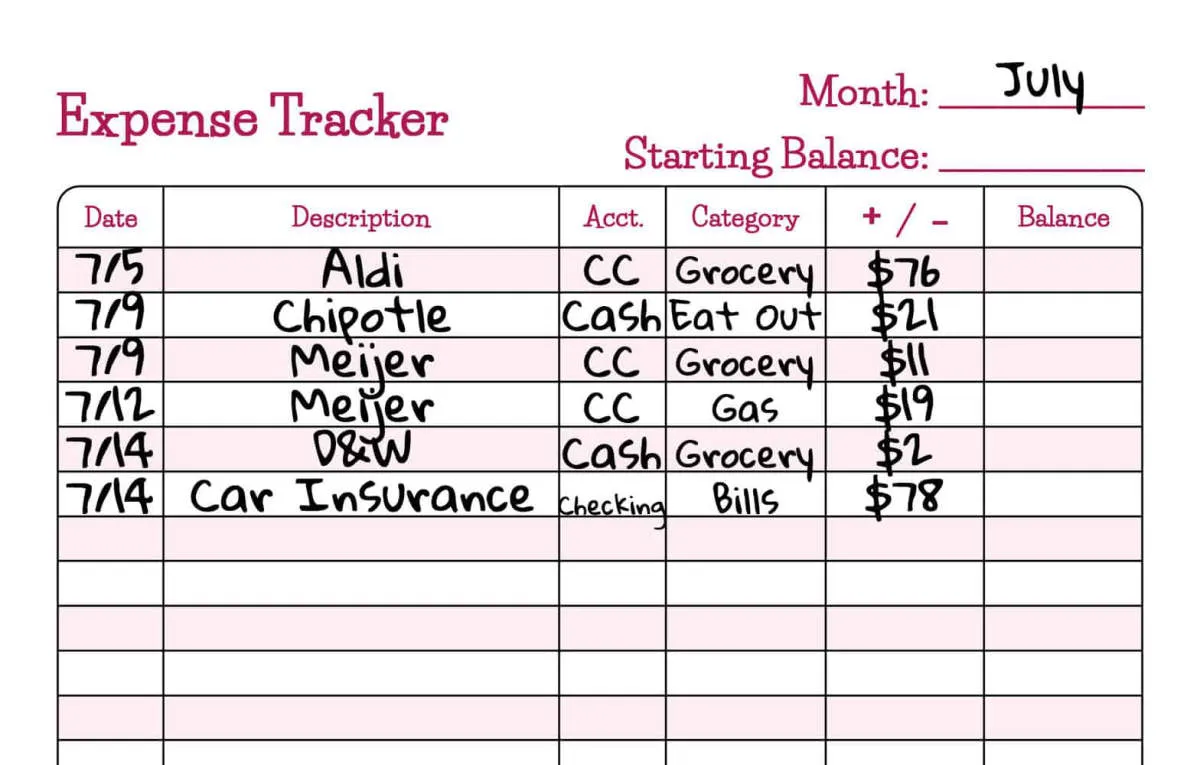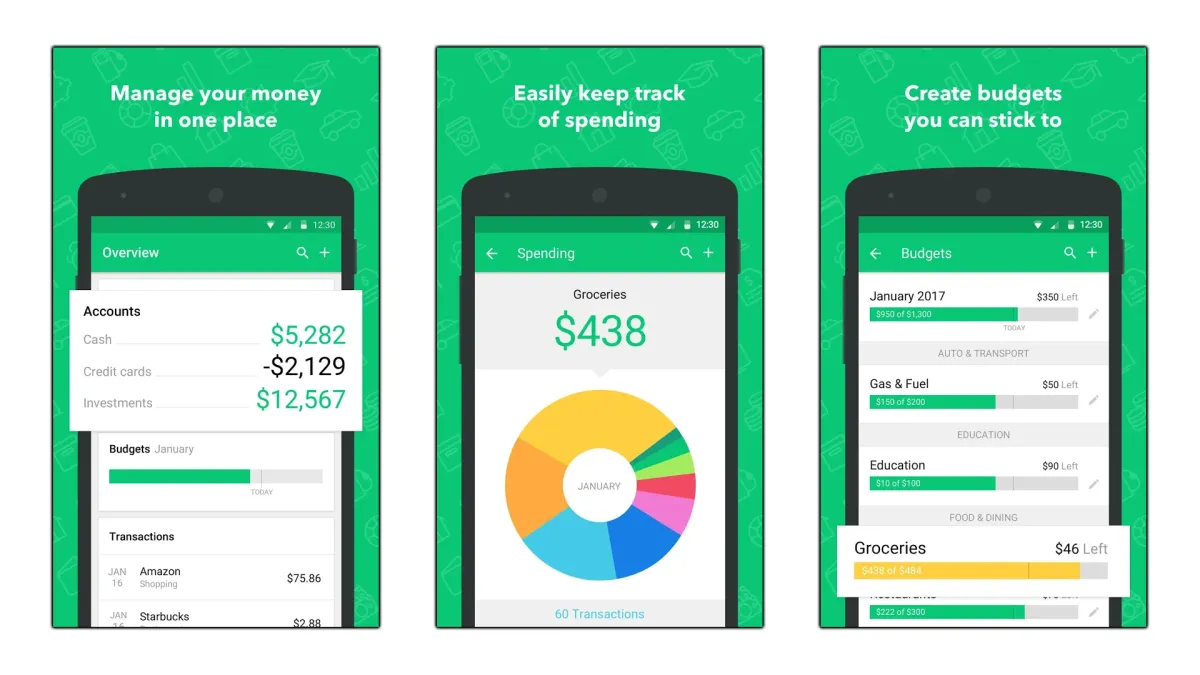Managing money as a college student can be challenging. Discover 5 essential budgeting tips to help you navigate expenses and savings effectively during your college years.
Create a Monthly Budget

Creating a monthly budget is the cornerstone of financial stability in college. It allows you to track your income and expenses, ensuring you have enough to cover your needs and avoid unnecessary debt.
1. Calculate Your Income: Start by listing all sources of income, including part-time jobs, allowances, scholarships, and financial aid. Having a clear picture of your total monthly income is crucial.
2. Track Your Expenses: Monitor where your money goes. Keep track of essential expenses such as rent, utilities, groceries, transportation, and study materials. Additionally, factor in non-essential spending like entertainment, dining out, and subscriptions.
3. Categorize and Allocate: Divide your expenses into categories (e.g., housing, food, transportation). Then, allocate a specific amount of your income to each category based on your needs and priorities.
4. Utilize Budgeting Tools: Leverage technology to simplify the process. Explore budgeting apps, spreadsheets, or online tools that can help you track expenses, set limits, and visualize your spending patterns.
5. Review and Adjust: Your budget is a living document. Regularly review your spending habits and make adjustments as needed. Life is unpredictable, so your budget should be flexible enough to adapt to changes in income or unexpected expenses.
Track Your Spending

One of the most crucial aspects of budgeting is understanding where your money goes. Tracking your spending might seem tedious, but it’s the foundation for making informed financial decisions.
Here are a few methods to track your expenses:
- Budgeting Apps: Many user-friendly apps are designed specifically for tracking expenses. These apps can link to your bank accounts for automatic updates and offer visualizations of your spending habits.
- Spreadsheets: If you prefer a hands-on approach, create a spreadsheet to log your income and expenses. This method allows for customization and detailed categorization.
- Notebook and Pen: The old-fashioned way is still effective. Keep a small notebook with you and jot down every expense.
Categorize Your Spending:
When tracking, categorize your expenses (e.g., rent, groceries, entertainment, transportation). This will help you identify areas where you can cut back and allocate your money more effectively.
Review Regularly:
Don’t just track and forget! Review your spending at least monthly to understand your habits, identify patterns, and make necessary adjustments to your budget.
Prioritize Your Expenses

College is expensive, and it’s easy to overspend if you’re not careful. That’s why it’s important to prioritize your expenses and make sure you’re spending your money on the things that matter most.
Start by differentiating between your needs and wants. Needs are essentials like tuition, rent, groceries, and transportation. Wants are things you’d like to have but aren’t essential, such as eating out, entertainment, and new clothes.
Once you have a good understanding of your spending habits, you can start looking for areas to cut back. Can you reduce your grocery bill by cooking at home more often? Can you find a cheaper place to live? Can you cut back on your entertainment expenses?
Here are a few tips for prioritizing your expenses:
- Create a budget. Track your income and expenses so you know where your money is going.
- Make a list of your needs and wants. Once you know what’s essential, you can start cutting back on the non-essentials.
- Set financial goals. Having financial goals, such as saving for a down payment on a car or paying off student loans, will help you stay motivated to save money.
Find Ways to Save Money

College comes with enough expenses as it is, so finding creative ways to save money is crucial. Here are a few ideas:
- Embrace student discounts: Flash your student ID whenever possible! Many businesses, from restaurants to clothing stores to entertainment venues, offer discounts for students.
- Cook at home: Eating out regularly can drain your budget quickly. Invest in some basic cooking supplies and explore budget-friendly recipes.
- Buy used textbooks: Textbooks can be incredibly expensive. Look for used copies from upperclassmen or online marketplaces to save a significant amount.
- Utilize campus resources: Many colleges offer free or discounted services like printing, software, and even gym memberships. Take advantage of these resources to cut down on extra costs.
- Find free entertainment: College towns often have plenty of free or low-cost entertainment options, such as concerts in the park, student film screenings, or art gallery openings.
- Walk or bike: If you live close enough to campus, ditch the car and opt for walking or biking. This will save you money on gas and parking.
- Limit impulse purchases: Before making any non-essential purchase, give yourself a day or two to think it over. This can help you avoid impulse buys you may regret later.
Use Budgeting Apps

Budgeting apps are fantastic tools that can help you track your income and expenses with ease. These apps often connect directly to your bank accounts and credit cards, automatically categorizing your transactions for a clear view of where your money is going.
Many budgeting apps offer features like:
- Expense Tracking: Automatically categorize your spending and visualize where your money is going.
- Budget Creation: Set spending limits for different categories (e.g., groceries, entertainment) and receive alerts if you’re close to exceeding them.
- Goal Setting: Use the app to work towards financial goals like saving for a trip or paying off debt faster.
- Bill Reminders: Never miss a payment deadline! Many apps send notifications for upcoming bills.
Some popular budgeting apps for college students include Mint, YNAB (You Need a Budget), and Personal Capital. Explore different options and choose one that best suits your needs and preferences.
Conclusion
In conclusion, implementing these 5 essential budgeting tips can greatly help college students manage their finances better and achieve financial stability during their academic journey.

